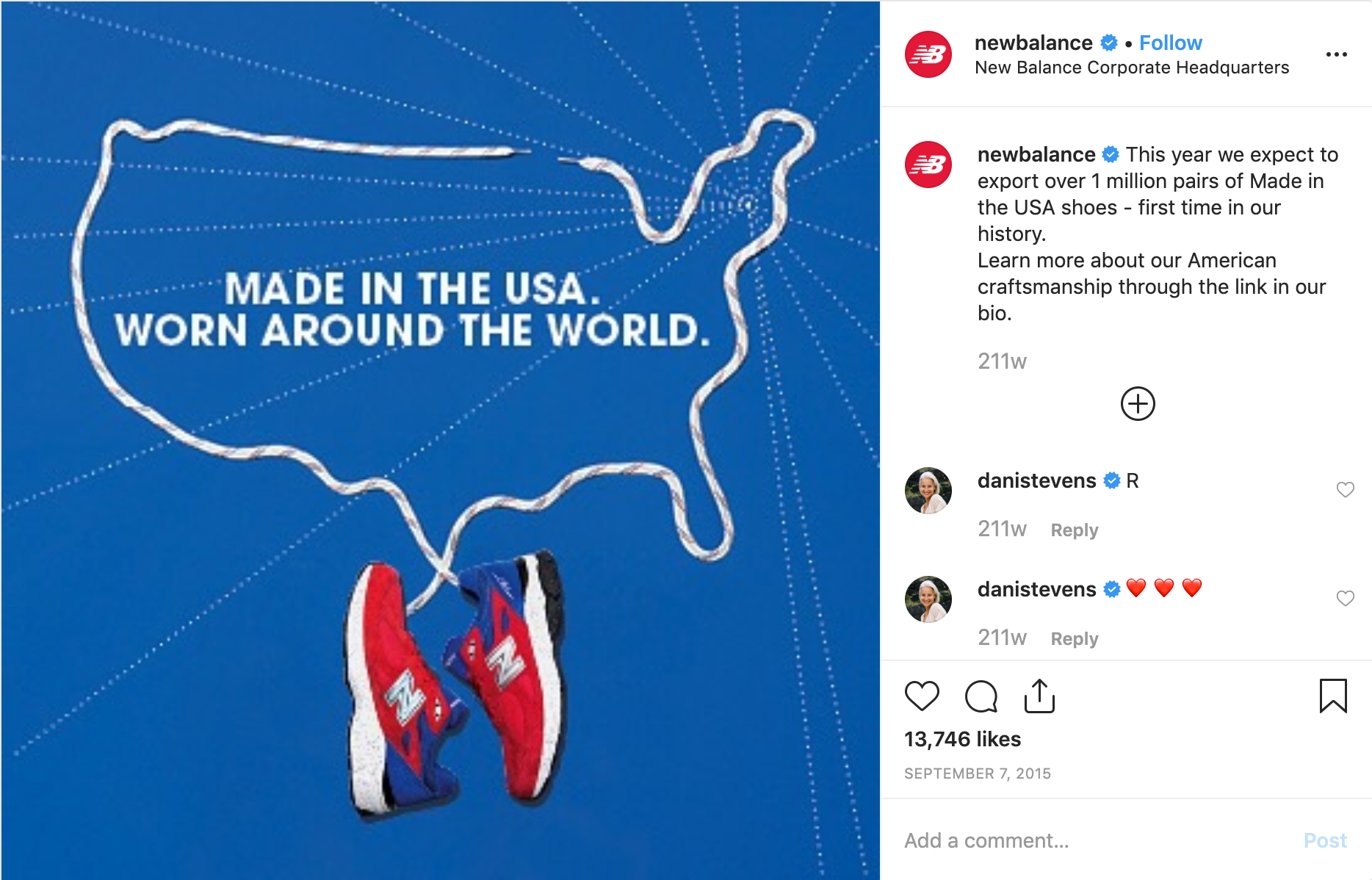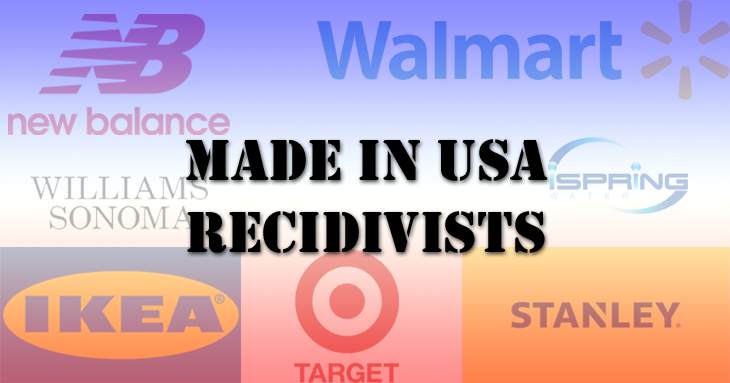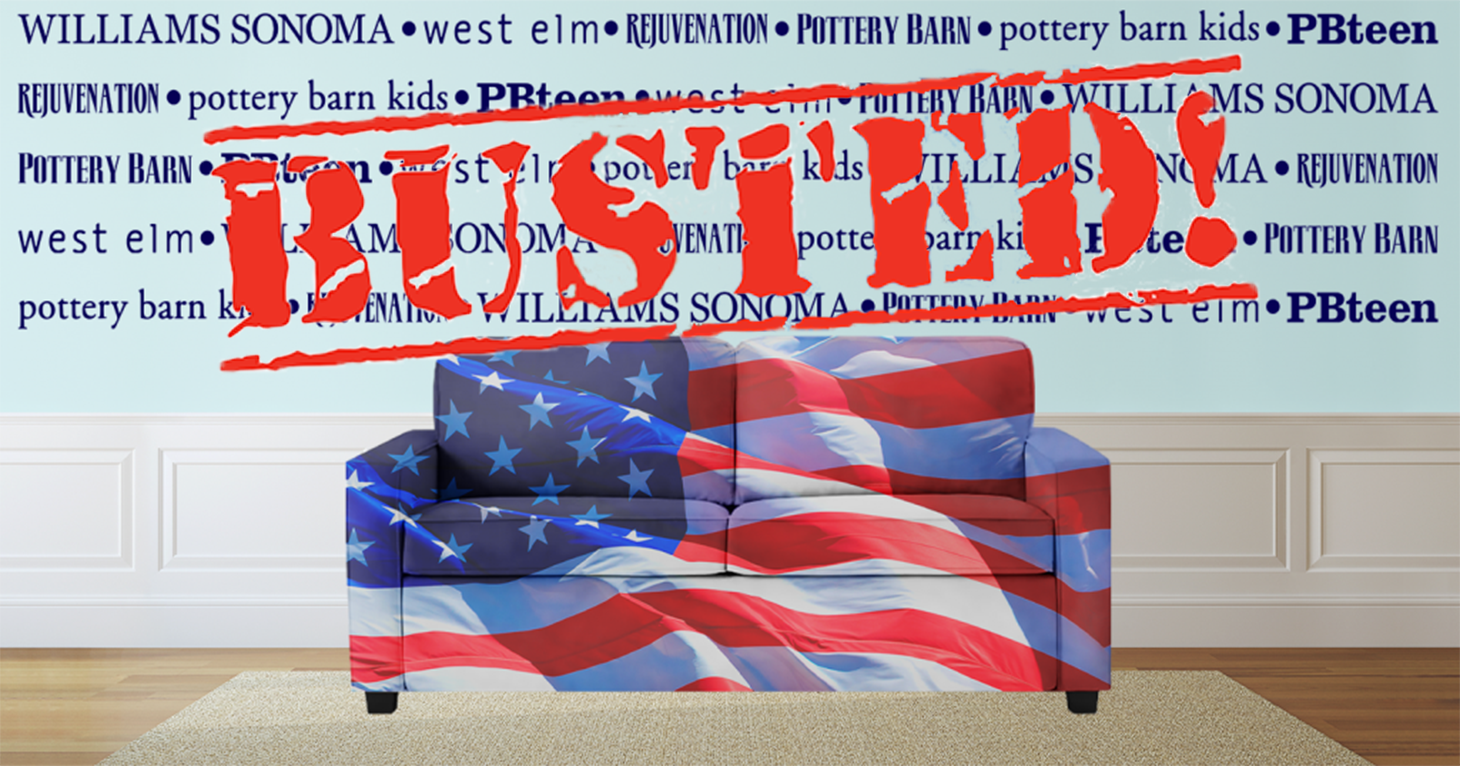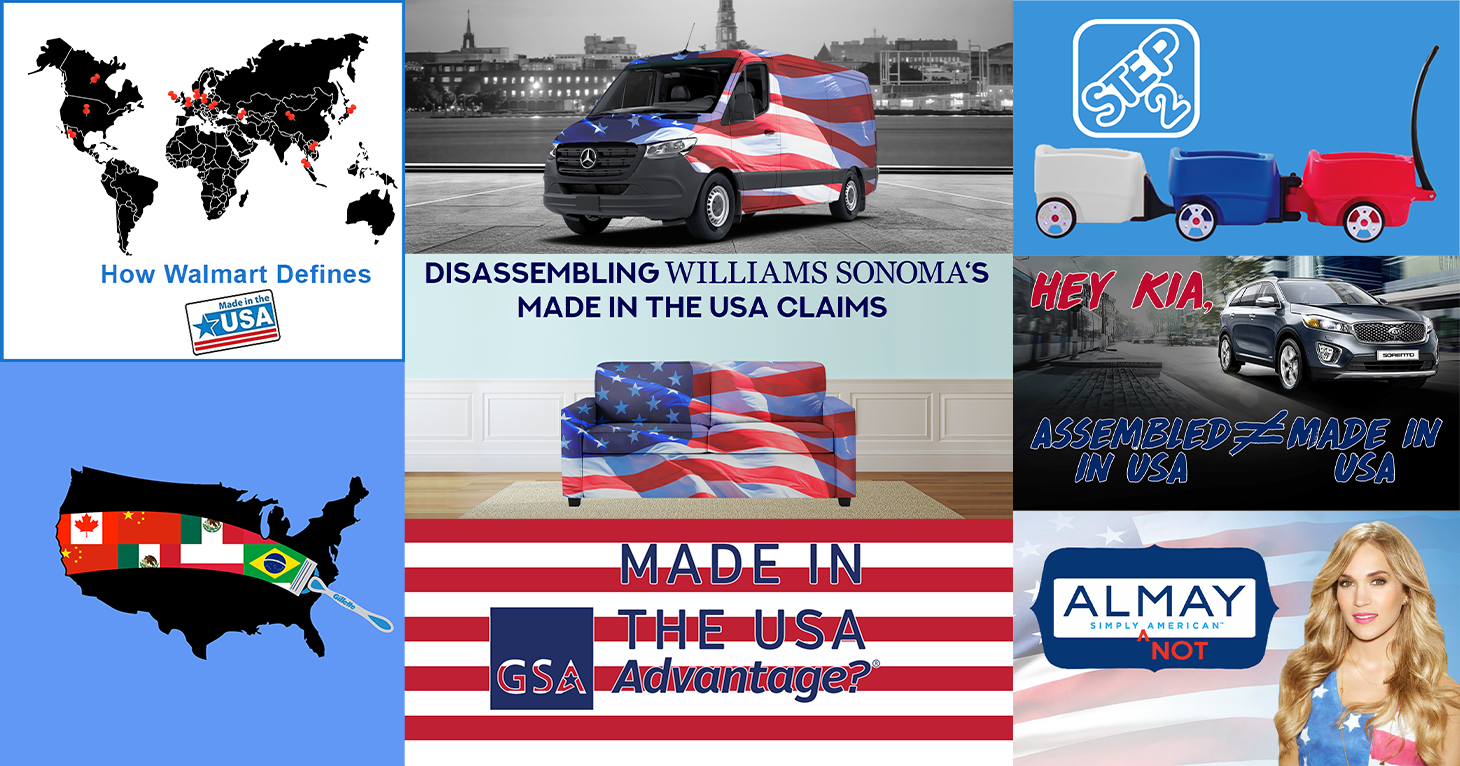
TINA’s Take: FTC Takes Crucial Step Forward in Holding Deceptive Made in USA Marketers Accountable
FTC finalizes its Made in USA Labeling Rule.
1. New Balance
In 1996, the FTC brought an administrative action against New Balance for making deceptive U.S.-origin claims about its sneakers. Since at least 2009, the company has marketed some of its sneakers as Made in the USA “where the domestic value is at least 70% . . .”

https://www.instagram.com/p/7VQHRyzUt0/
2. Stanley Works
In 1999, the FTC filed an administrative action against Stanley Works for allegedly advertising its mechanics tools as made in Made in USA when they were not all or virtually made in the U.S. The action resulted in a Consent Order that prohibited the company from misrepresenting the extent to which its mechanics tools are made in the U.S. In 2006, Stanley Works was found to be violating the 1999 Order, which resulted in a $205,000 civil penalty.
3. IKEA
IKEA has received two FTC closing letters for mislabeling certain products as “Made in the USA” even though the products were actually imported or contained imported materials – the first in 2011 and the second in 2018. It appears that IKEA self-reported these issues to the FTC.
4. Walmart
In 2015, the FTC sent a closing letter to Walmart regarding deceptive Made in USA marketing on its website. In 2016, TINA.org sent the FTC a letter notifying the agency that Walmart’s website continued to contain “Made in USA” misrepresentations.
5. iSpring
In 2017, the FTC brought an administrative action against iSpring Water Systems for making alleged false claims that its water filtration systems and parts are “Built in USA” when the products are either wholly imported or are made using a significant amount of parts from overseas. That action resulted in a Consent Order that prohibited iSpring Water Systems from making deceptive U.S.-origin claims. In 2019, iSpring Water Systems violated the 2017 Order, which resulted in a $110,000 civil penalty.
6. Target
In March 2017, the FTC sent a closing letter to Target due to the company’s marketing of Chinese-made pillows as “Made in USA.” In June 2017, TINA.org filed a complaint with the FTC against Target after cataloguing a sampling of 100 examples in which the Target website displayed product specifications that falsely stated “Made in the USA” for products wholly or partially made in other countries.
7. Williams-Sonoma
In June 2018, the FTC sent a closing letter to Williams-Sonoma due to the company’s marketing of certain Chinese-made PBTeen products as “Crafted in America.” In 2019, TINA.org filed a complaint with the FTC against Williams-Sonoma after collecting more than 800 examples of products that had been marketed by the company as made in the USA but are either imported or made with imported materials.
8. Nectar Sleep
In 2018, the FTC brought an administrative action against Nectar Sleep for allegedly falsely advertising mattresses as “Designed and Assembled in the USA” when they were wholly imported from China. That action resulted in a Consent Order that prohibited the company from making misleading country-of-origin claims. Then, in 2021, the FTC brought a second administrative action against Nectar Sleep regarding made in USA claims. The complaint alleged mattresses advertised as “proudly made with 100% USA-made premium quality materials” were either wholly imported, finished overseas, or made using imported materials. The 2021 action resulted in a $753,300 civil penalty. The consent order also prohibited the company from making deceptive U.S.-origin claims.
FTC finalizes its Made in USA Labeling Rule.
FTC takes action against home goods and kitchenware company for misleading made in the USA claims.
A review of TINA.org’s work uncovering (and putting an end to) deceptive made in the USA ad campaigns.


